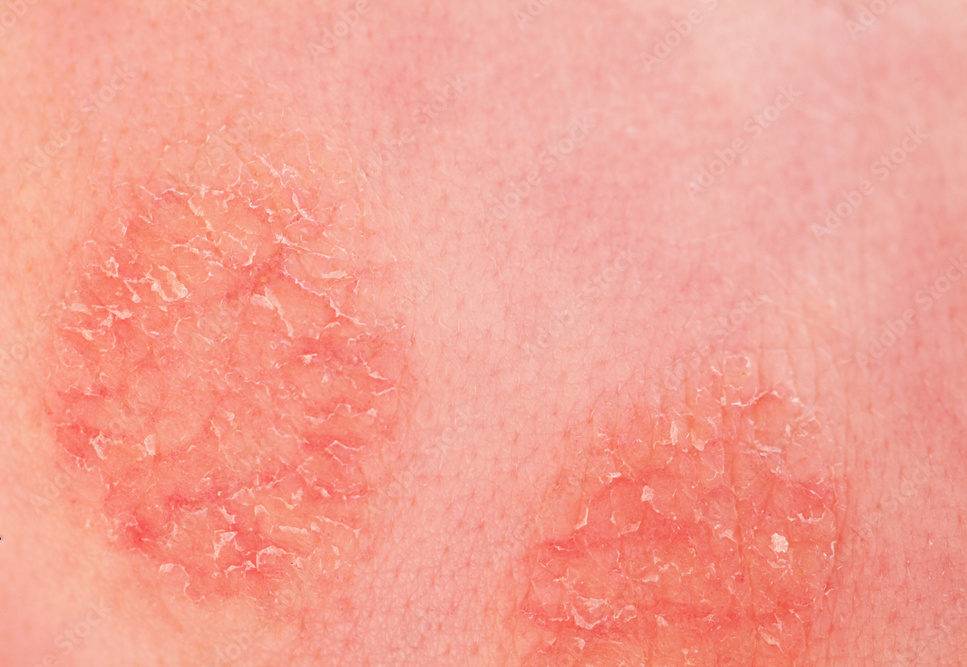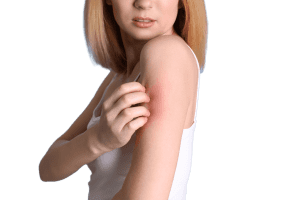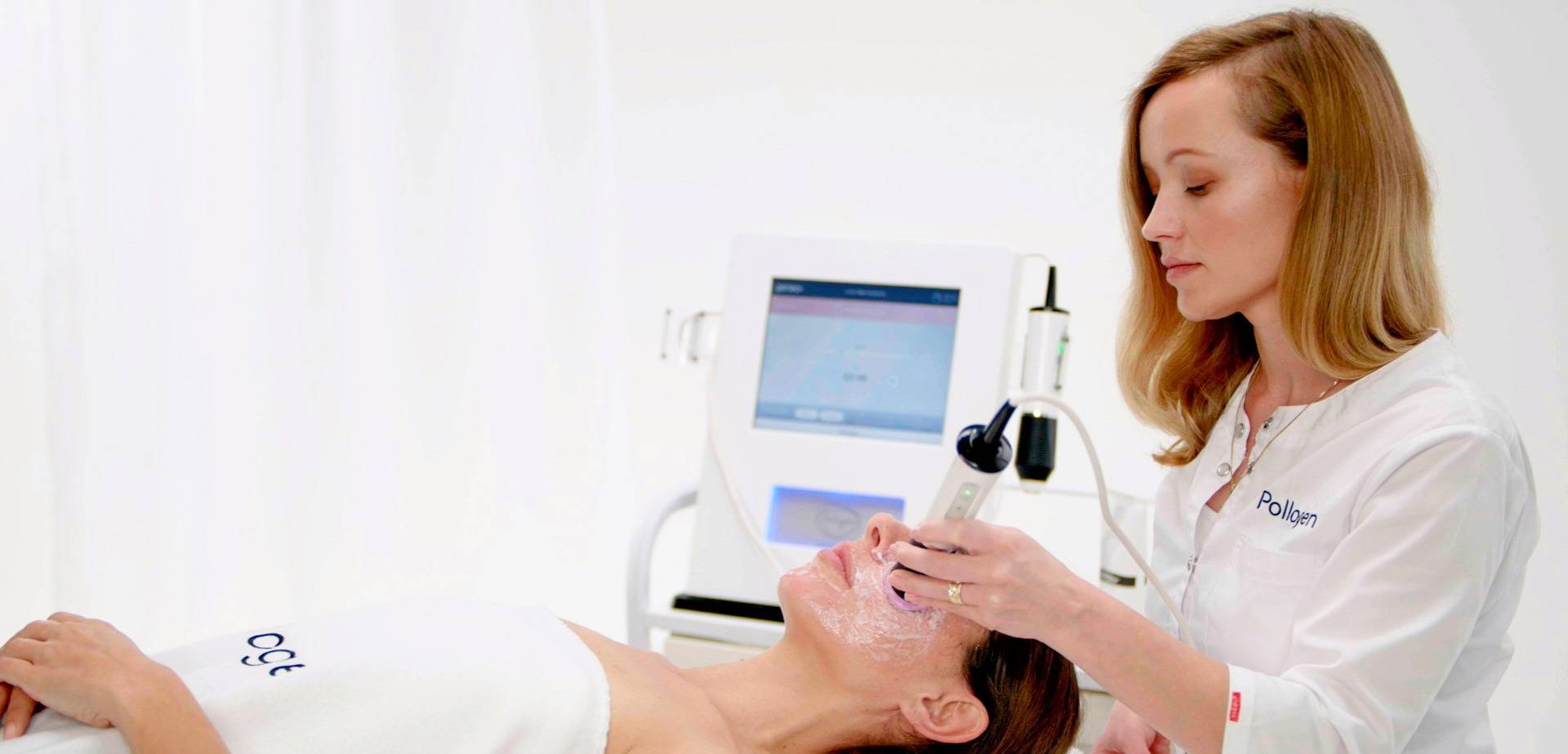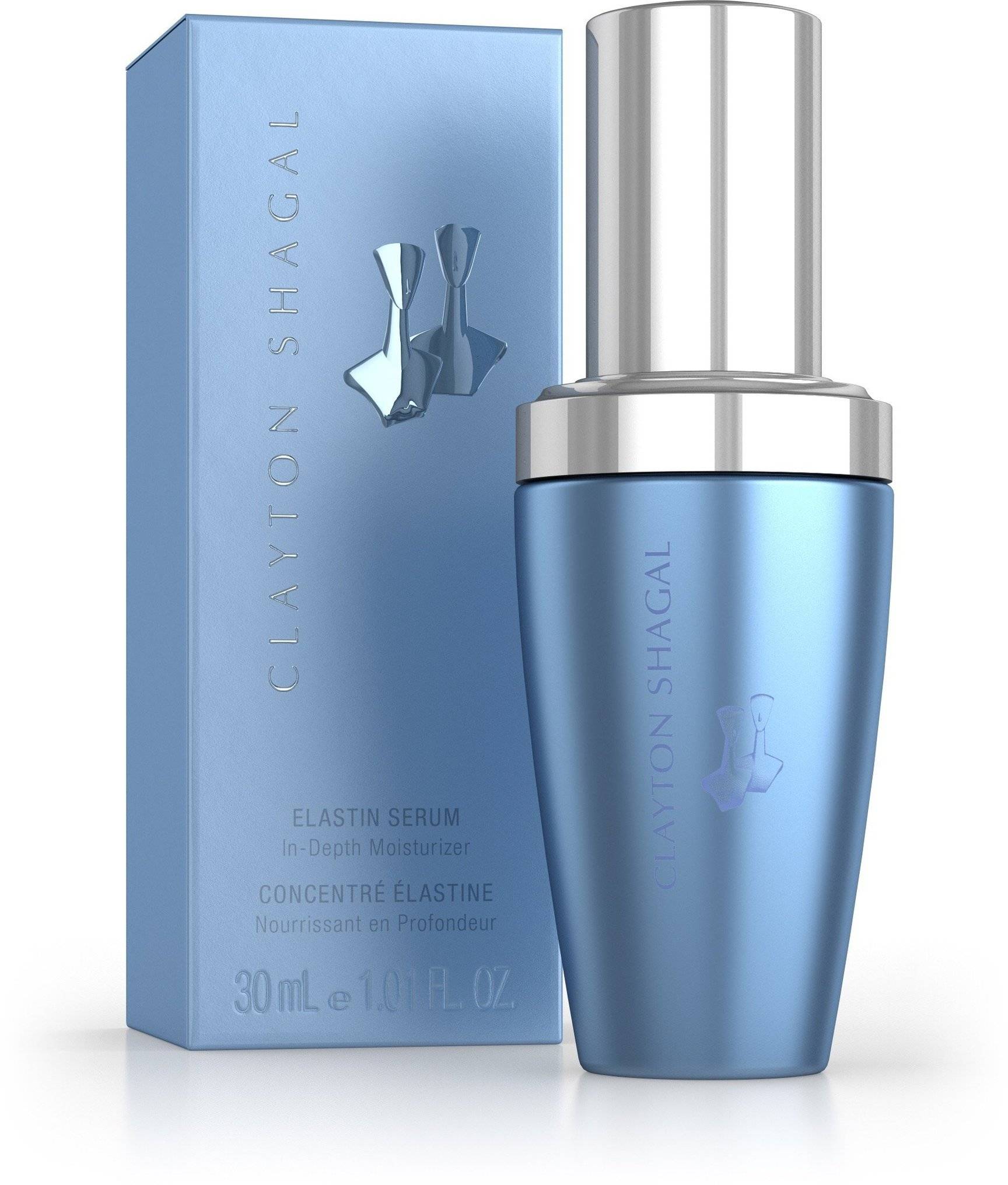≡ Broken Capillaries
The best way to care for Broken Capillaries
(aka Telangiectasia)
Φ 毛细血管破裂
Table of Contents
What are Broken Capillaries?
Broken capillaries are also called “spider veins” — occur when they are dilated, or enlarged, just beneath your skin’s surface. This results in small, red lines that spread out into a web-shaped form. They can develop anywhere on the body, but they’re more common on the face and legs.
While harmless, Broken Capillaries can become a nuisance if they make you self-conscious. Spider veins are treatable and it all begins with exploring the underlying causes.
What are the symptoms of Broken Capillaries?
Broken capillaries are tiny blood vessels that have burst under the skin that can appear in any location on the body, but are especially noticeable in the nose area or other regions of the face.
The red veins take on the shape of spiderwebs, which is why they are also called “spider veins.”
What Causes Broken Capillaries and risk factors of Broken Capillaries?
Some people tend to develop spider veins more than others. The fact is that broken capillaries can happen to anyone at any age, including children. Your risk factors depend on the particular cause.
There are many causes of broken blood vessels on the face. They include:
Heredity and genetics
For unknown reasons, spider veins tend to run in families. Individual risk factors also increase with age.
Pregnancy
An increase in estrogen hormones during pregnancy can lead to broken blood vessels. Pregnancy-related spider veins heal on their own after delivery. Skin changes are common in pregnancy.
Rosacea
This common skin condition leads to excessive redness and flushing. With erythematotelangiectatic rosacea, broken blood vessels are common.
Sun exposure
Excessive sun exposure can enlarge your blood vessels. If you get a sunburn, the top layer of skin may peel and temporarily make some of the blood vessels in your face more noticeable.
Weather changes
Hot weather increases blood vessel dilation.
Environmental or chemical irritants.
Alcohol consumption
Moderate or occasional alcohol consumption can cause your skin to flush due to the enlargement of blood vessels. Binge drinking and heavy alcohol use can eventually lead to spider veins.
Injuries. Minor to significant injuries can lead to bruising. With bruises on your face, broken blood vessels may also be noticeable.
Vomiting or sneezing
Sudden, extreme pressure in your face from a violent sneeze or a vomiting spell can break the blood vessels in the skin.
Recommended Treatment for Broken Capillaries
- Soothing Facial – Needleless Mesotherapy;#Timeless Facial – Needleless Mesotherapy
- One Love Facial with Hydrating Eye & Lip Mask
Recommended Resource/Product for Broken Capillaries
- Clayton Shagal Clinical Elasthy Extract
- Clayton Shagal Clinical Colhy Extract
- Clayton Shagal Hyaluronic Acid Serum
- Clayton Shagal Sensi Derm Cream
- Clayton Shagal Cucumber and Avocado Mask
- Clayton Shagal Elastin Serum
- Clayton Shagal Oat Bran Scrub
- Clayton Shagal Milk Cleanser
- Clayton Shagal Collagen Serum
- TIZO2® FACIAL PRIMER SUNSCREEN Non-Tinted Matte Finish SPF 40
- TIZO ULTRA ZINC BODY & FACE SUNSCREEN non-tinted dewy finish SPF 40
- Nano White Effect Brightening Gel Masque
- Clayton Shagal Hydra Derm Cream
- Clayton Shagal Clinical Colhy Gel
- Clayton Shagal Clinical Elasthy Gel
- Clayton Shagal Collagen Gel Plus
- Clayton Shagal Elastin Gel Plus
- Clayton Shagal Collagen Gel
- Clayton Shagal Elastin Gel
On What Matters
Conditions & Care
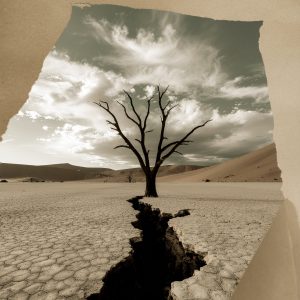
Market Dynamics Through the Lens of Primate Behavior and Government Influence
Even in the animal

When We Fail: How a Dropped Camera Taught Us About Hope, Faith, and the Beauty of Messing Up
When things fall

The Comprehensive Skincare Guide for All Skin Types and Complexions – OUTDOOR EDITION
selfology.co/skincare




